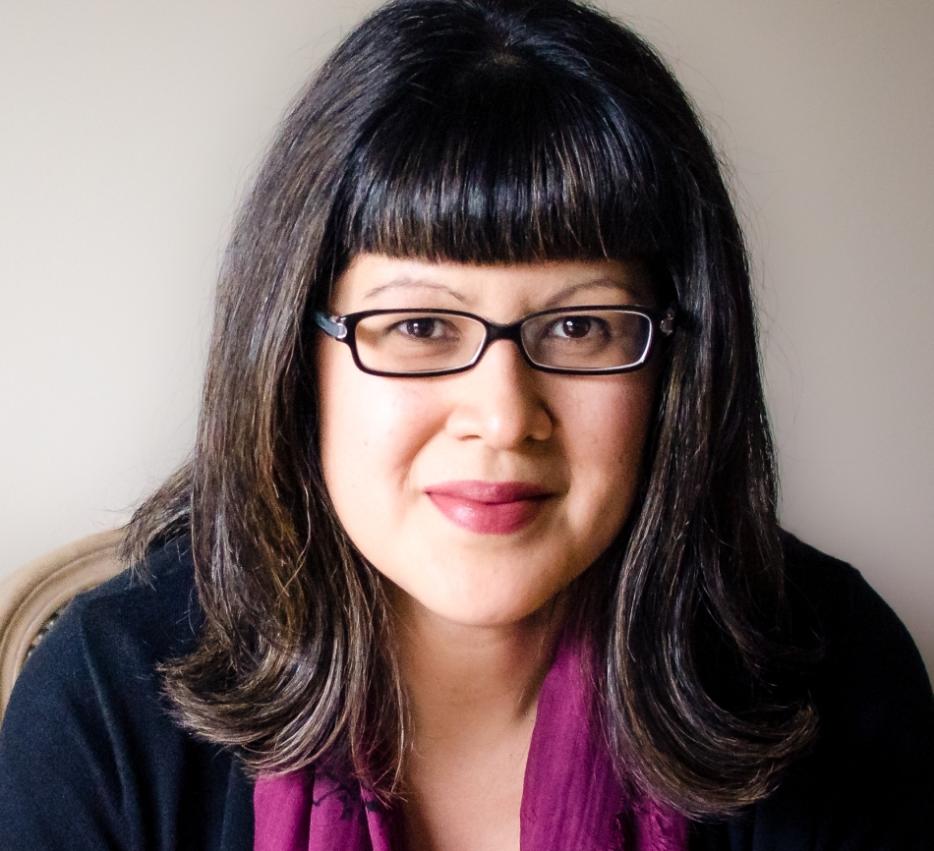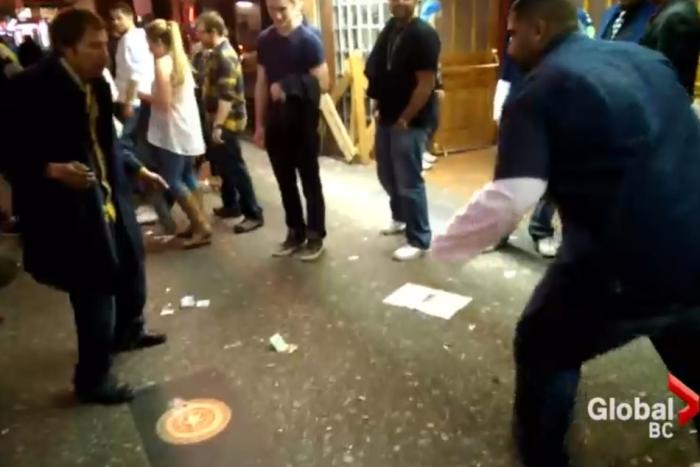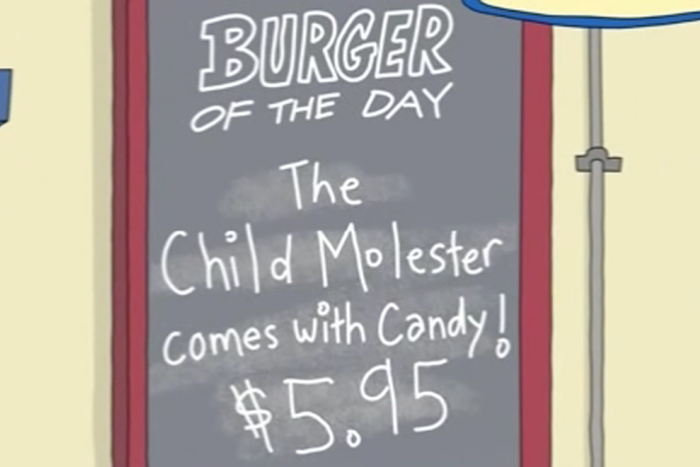The title of Nancy Lee’s 2002 collection of short stories, Dead Girls, evokes classic images of tragic figures: Ophelia drowned in the water, maybe, or a plot device in True Detective. The stories themselves are sharp tales, often told in a second-person narrative style reminiscent of early Lorrie Moore. There are, for example, the young woman in a tumultuous long distance love affair with a war photographer, and the mother estranged from her prostitute daughter while her marriage dissolves around her. They are snapshots of women very much trying to figure out their lives.
Lee’s new novel, The Age, explores many of the themes and coming-of-age anxieties touched on in her previous work. The book follows Gerry, a high schooler on the cusp of adulthood living in Vancouver. It’s 1984. Madonna is on the radio, Flashdance is playing in theatres, and Cold War tensions are running high. Gerry’s adolescent experiences—family drama, first sexual encounters—are interspersed with her fear that the world is on the brink. Much of Gerry’s headspace is given to imagining a post-nuclear life. Frustrated with the complacency that surrounds her, she falls in with a older group of radical activists. Together, they plan to disrupt a peaceful protest in a way that will force the rest of the world to take notice.
I called Lee in Vancouver, where she is a professor of creative writing at the University of British Columbia. I caught her during one of the busiest spells in the academic calendar—her impending book release seemed to be at the back of her mind.
It’s been about 12 years now since Dead Girls was published. What have you been up to since then?
I’ve been doing a ton of teaching. A lot of travelling. I met my husband and got married [laughs].
That’s a big one.
That took up a lot of time. And regular, everyday, life stuff. But I’ve been writing the whole time, working on the book the whole time. I wouldn’t say that the book took 12 years to actually write, but it took probably 12 years for me to understand the book. So that was kind of more the process. I wasn’t writing every single day. And I divorced the book a few times, but it just kept coming back.
Were there any really radical changes or did the book always look the way it does now?
Oh, no. It was nothing but radical changes. I would say that in the course of 12 years, it’s been sort of six different distinct books. Where it is now compared to where I began is completely different. I read though the first draft and the first thing I did was cut a hundred and fifty pages, like, “This needs to go!” Then it just became kind of radical change after radical change and I think it wasn’t until the last couple of years that things really settled.
A huge change was kind of around the year six mark when I was reading a scene from the novel and at the end, one of the people in my writing group said “You know, every time you read from your novel I feel like your protagonist is a girl and not a boy” and I was just like “That’s a ridiculous idea. Of course it’s a boy!” It took me about eight months before I realized “I think that’s actually true.” It meant turning the entire novel inside out and changing almost every character in the book. I wanted so badly to hold on to all the work I had already done, but in reality I needed to let all that work go and open myself to a different possibility. What was amazing was that once I realized that, the whole book came together in a way that it hadn’t before.
Were there any elements from the beginning of the book that have stuck, that were always there?
The one thing that really has not changed much is Gerry’s nuclear fantasy. There was something about that particular narrative line that, from the moment I conceived it, I kind of felt like that was the part of the book I understood the most. Probably because it was part of my impetus for wanting to write the book.
The book started, going way, way back, from a series of conversations I remember having with people who were my age. This was a very distinct experience shared, of being a young teenager and having no context for war other than the idea of a nuclear war. We were too young to really understand Vietnam, but we hadn’t yet entered the realm of the Clinton era Gulf Wars. Our whole understanding of war was shaped by the climax of the Cold War. And so for me, I remember being 12 or 13 and thinking “Well, you know when you watch the news and see the rising tensions in the Middle East or things going on between America and Russia,” and you would just think, like, “Well, at any moment someone could push a button and it’s all going to be over.”
It creates a kind of anxiety that you just live with day in and day out. I started talking to people who are my age and everybody was saying “Yeah, I can remember. I can remember having nightmares, I can remember when we talked about what you want to be when you grow up as a job, it was like well why are we even talking about this?” And I could remember being in a social studies class where we were talking about something to do with politics in the future, and students expressed this idea of, like “Who cares? What does it matter? The world’s not going to be here, you know?” The teacher was shocked and taken aback and said, “Well how many of you think you’re not gonna live to the age of 25?” Half of the class put up their hand. When I started thinking about this book I realized that experience was limited to a certain generation of people.
Were you politically active in your teen years?
I think I was politically active in the most uninformed way. I had a very strong opinion about lots of things but it wasn’t an informed opinion. I’m not a terribly political person in the way that we think of politics in terms of media, news, and all of that, but I feel like a political person in terms of thinking about, I don’t know, philosophical issues or thinking about the role of humanity and things like that. So, I definitely have been on peace marches before but I was never part of a radical group. I’m not a group person so that’s probably why. It’s probably a good thing that I’m not.
It’s very well captured, I thought, just the tensions and hierarchies that replicate themselves within anarchist or activist groups; these groups that operate on the fringes of society but still in many ways mimic a lot of the things they’re fighting against.
I think with any kind of group situation, everybody has their own personal reasons for coming to the group and those personal reasons don’t usually align, so there’s always going to be conflict. Eventually you get down to what does it really mean for you to be here, and maybe what it means for me is different—then I think things start to get tricky. I think that’s true of any group. But then of course when you add the heightened effect of trying to do something radical or worthwhile, it escalates everything.
What do you think Gerry’s biggest motivation for joining that group was?
What Gerry wants so much is a sense of belonging and a feeling that she doesn’t necessarily have within her family. I think for Gerry, being with Ian and Megan and Andri and Michelle is like being with a family. I think she has those deep-seated fears and anxieties about nuclear war and the fate of the world, and that is what she sees kind of mirrored in them.
But I don’t know that ultimately she ever really thinks through what it is they’re actually doing. So I wanted there to be a sense of—like most teenagers, she thinks she knows exactly what’s going on. But really, she hasn’t brought as much awareness to it as other people have. It’s kind of a fulcrum at the moment where she is going to be the one who does the drop. Everything changes, she sees the other side of what they’re doing and the toll that it’s taking on all of them. So yeah, I think she’s driven by those two things, wanting to feel like she’s part of something, and wanting to face that fear that’s eating away at her.
One of the most interesting aspects of the novel is that though there’s always this looming threat of, “Oh, we might all die some day soon,” there is very little actual conversation about events that are happening in the present, even within the activist group. They talk strategy, but never their actual political or philosophical views. Was there a reason why you chose to approach it that way?
With Gerry, that is the thing that torments her, you know, watching the news and seeing these things unfold. The only person who really brings it up with her is Andri, and I think it’s because he is the only one who is political for political reasons. He comes from Belarus and his family has suffered. I think that’s very different from someone like Megan, who is sort of desperate to do something with her life because of what happened to her father and the situation that she’s trapped in.
The other thing that was important to me was how I felt when I was 13 or 14, and just terrified by everything I saw on the news, and yet everyone around me, all the adults anyway, would just say “Oh, that’s nothing, it’s going to be fine!” Or, you know, “Nothing’s going to happen!” I don’t think it’s so much a defense mechanism as much because they grew up understanding that wars come and go.
I can remember when 9/11 happened, that was a kind of a pivot point in social awareness where the thing that nobody thought would happen happened. All of a sudden I felt like the rest of North America kind of joined my consciousness. I wanted to have that sense that there is something going on. There’s something on the news, we don’t really know what it is, but no one else is going to acknowledge it.
It’s always a background threat that’s very rarely directly confronted. It’s so abstract in many ways.
It’s just like right now, in terms of Ukraine. I haven’t been party to a single conversation about it and yet I’m listening every day, on the news, to find out what’s going on in the Crimea. I mean this is a huge thing that’s going on. It’s interesting how we have that relationship to things that are going on in the news. I often think that if there was some kind of nuclear war, that in the moments leading up to it, nobody would even be thinking it was going to happen.
How do you think that relationship has changed since 1984, with how we react to the news?
In 1984, in Vancouver, there was a huge peace rally. It was one of the largest peace marches in North American history. I wonder if you could get that many people to march for peace any more. I don’t know. I’m curious.
Were any current events informing your writing as you were working on this novel?
Definitely. Once the war in Iraq started, I went to a couple of protest marches against the war. But before that, the WTO riot in Seattle. That had a huge impact on me. I didn’t go to it. I watched it on the news. One of the central questions in my mind was—or maybe I should say the essential thesis in my mind—was about the notion that violence begets violence.
There’s always a cost to violence, so you have to kind of weigh it out in your mind. If you’re going to protest and do something violent, there is going to be a reciprocal cost, and is it worth it? I’m pretty much a hardline pacifist, but I could see the frustration. This idea that you’re never going to get people’s attention by having sit-ins and peaceful walks and candlelight vigils. No one is going to pay attention until you do something radical.
That was one of those things I was trying to weigh in my mind when I was watching the WTO riot unfolding—I just thought, what is the answer here? It was hard for me to figure out, so that was what I wanted to capture with Megan and Andri, this idea that you can sing folk songs all you want, it’s not going to change anything, and how do things change? I wanted to create that sense of all of these factions just coming together in this awful clash and the chaos of it all.






